MIT-World Peace University (MIT-WPU), Pune, has launched a state-of-the-art battery fabrication and research facility focused on lithium-ion (Li-ion) and sodium-ion (Na-ion) technologies. The facility is designed for end-to-end battery development, from active material synthesis to coin cell fabrication and electrochemical performance evaluation.
The MIT-WPU research team is developing advanced electrode materials to enhance key battery performance parameters, including energy density, cycling stability, and operational safety. Simultaneously, efforts are underway to develop next-generation solid-state electrolytes (SSEs) with high ionic conductivity and thermal stability.
The facility is also exploring innovative approaches such as the use of glass-polymer composite electrolytes and the development of paper-based batteries in collaboration with MID Sweeden. Additionally, it has initiated work on the synthesis of high-purity solvents and electrolytes for Li-ion batteries.
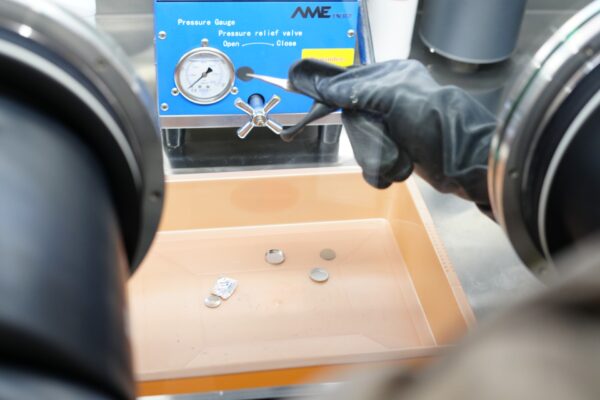
Soon, the facility will also be equipped to manufacture cylindrical and prismatic cells, expanding its capabilities for a wider range of battery applications.
“As the first such initiative by a private state university in India, this facility aligns with national missions like Atmanirbhar Bharat and Make in India,” said Bharat Kale, Director, Centre of Excellence in Materials Science at MIT-WPU and former director of C-MET, MeitY, Govt of India, MIT-WPU. “It not only fosters academic and industry collaboration but also serves as a vital platform for training future talent.”
This content is protected by copyright and may not be reused. If you want to cooperate with us and would like to reuse some of our content, please contact: editors@pv-magazine.com.
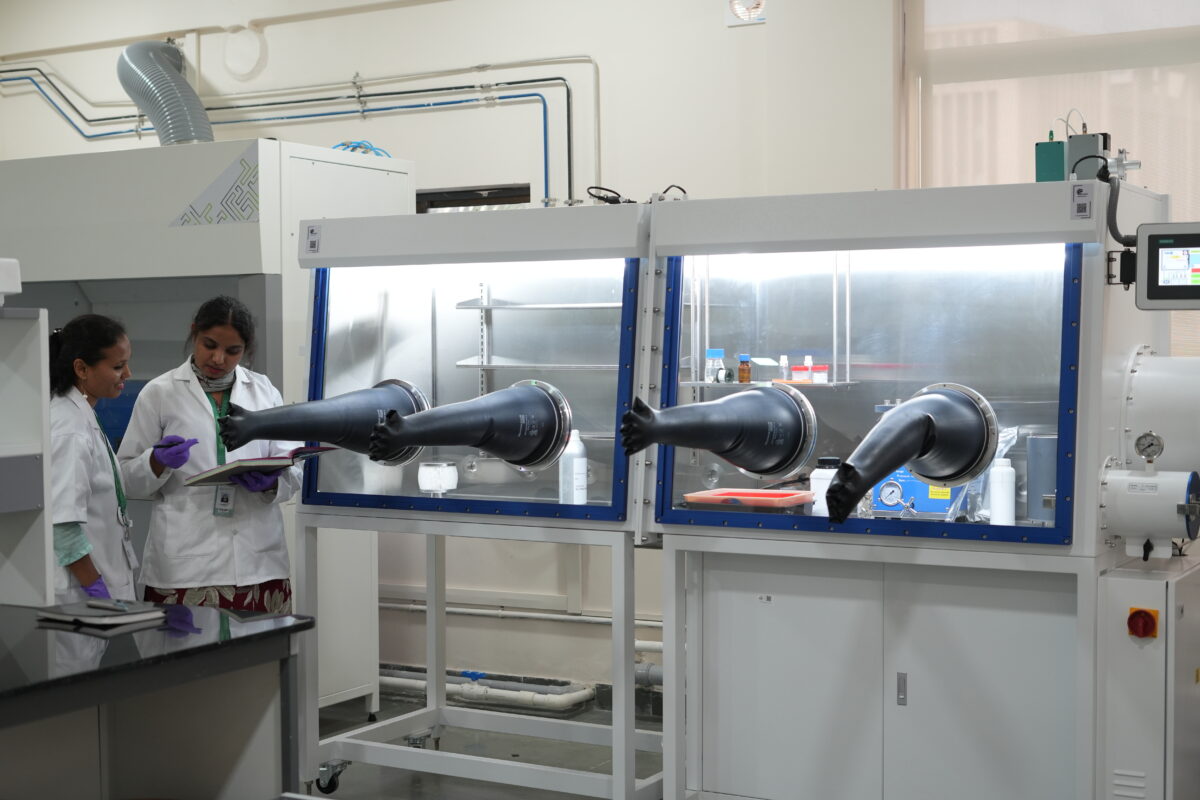
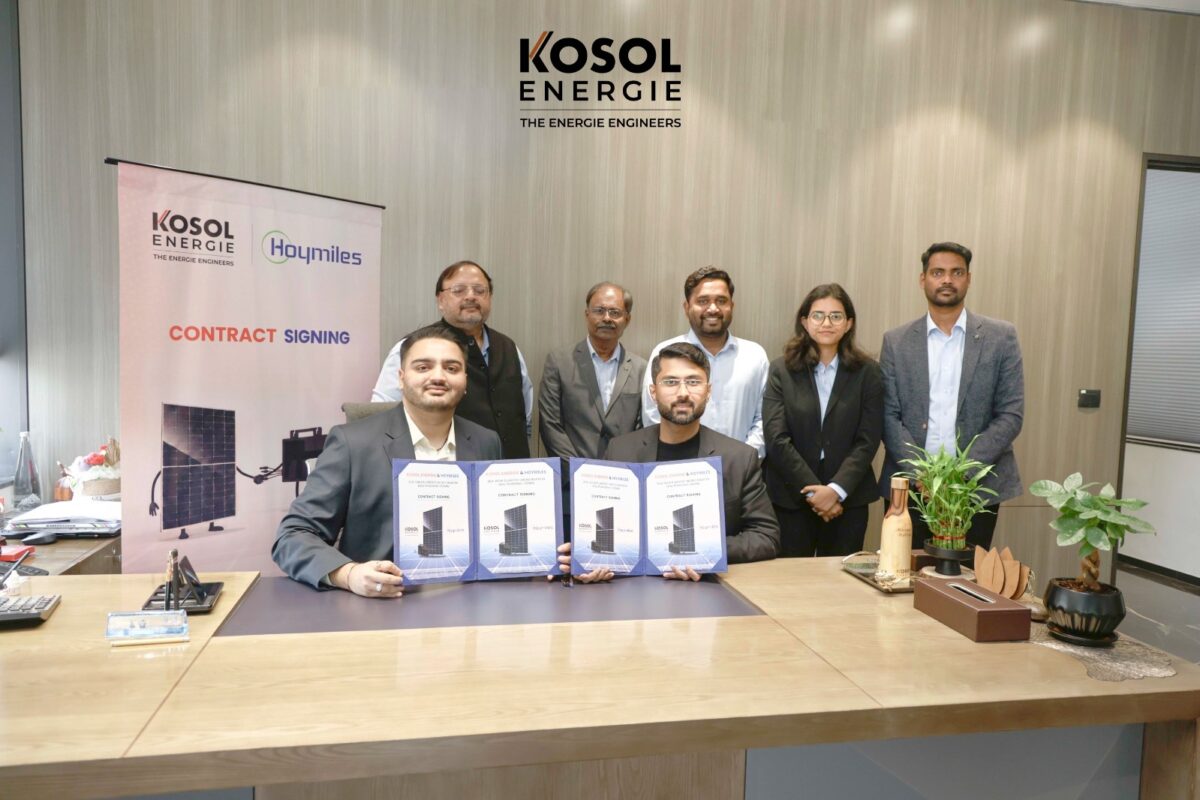



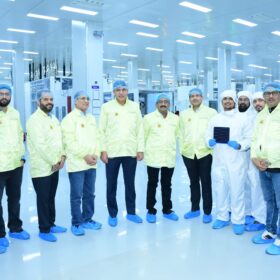
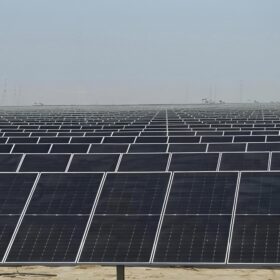
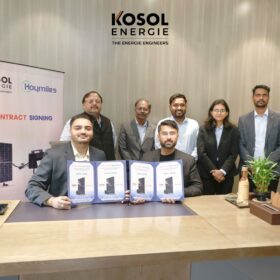
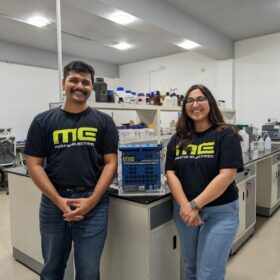
1 comment
By submitting this form you agree to pv magazine using your data for the purposes of publishing your comment.
Your personal data will only be disclosed or otherwise transmitted to third parties for the purposes of spam filtering or if this is necessary for technical maintenance of the website. Any other transfer to third parties will not take place unless this is justified on the basis of applicable data protection regulations or if pv magazine is legally obliged to do so.
You may revoke this consent at any time with effect for the future, in which case your personal data will be deleted immediately. Otherwise, your data will be deleted if pv magazine has processed your request or the purpose of data storage is fulfilled.
Further information on data privacy can be found in our Data Protection Policy.